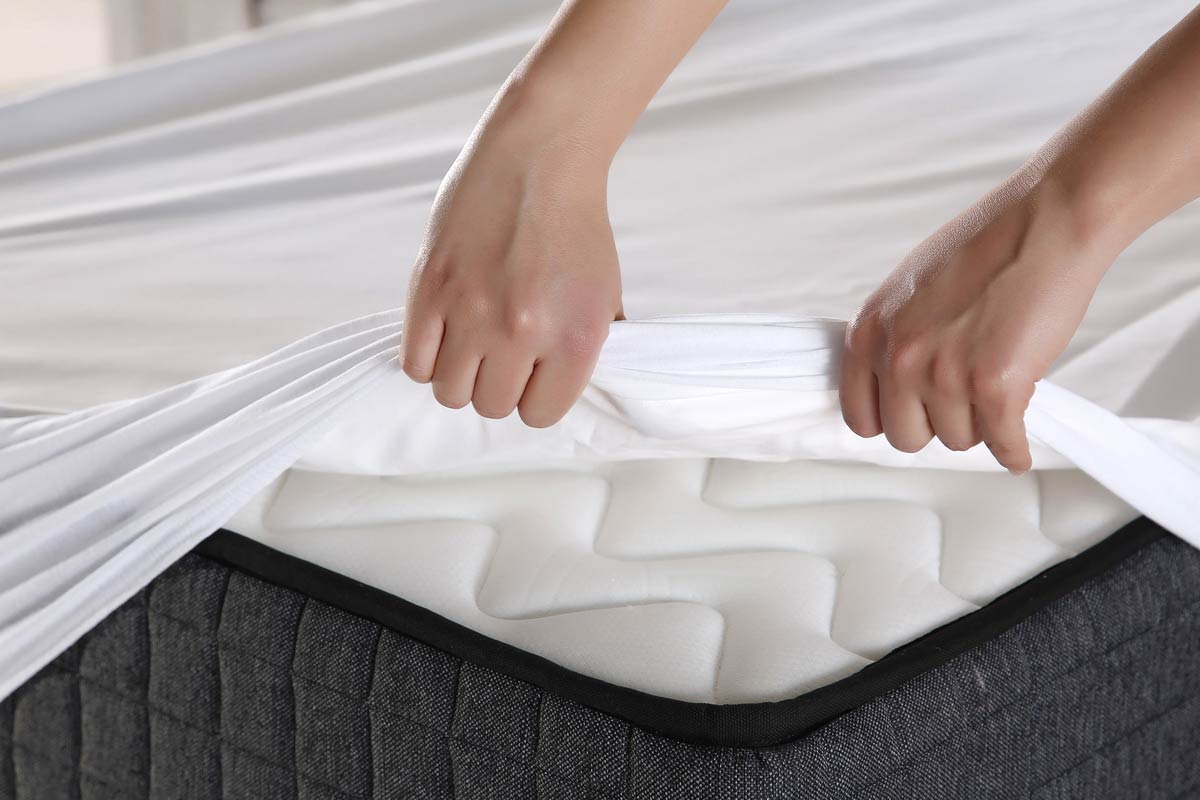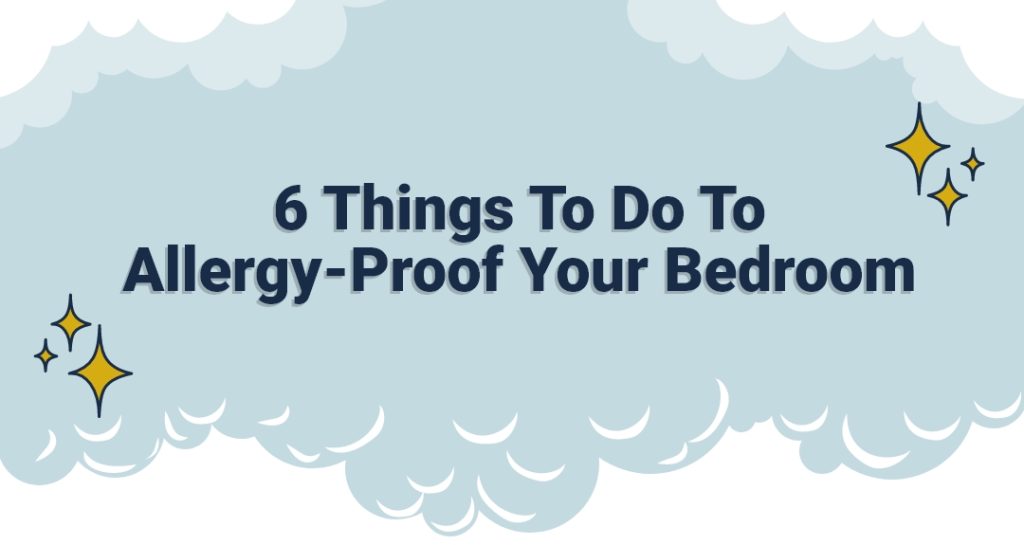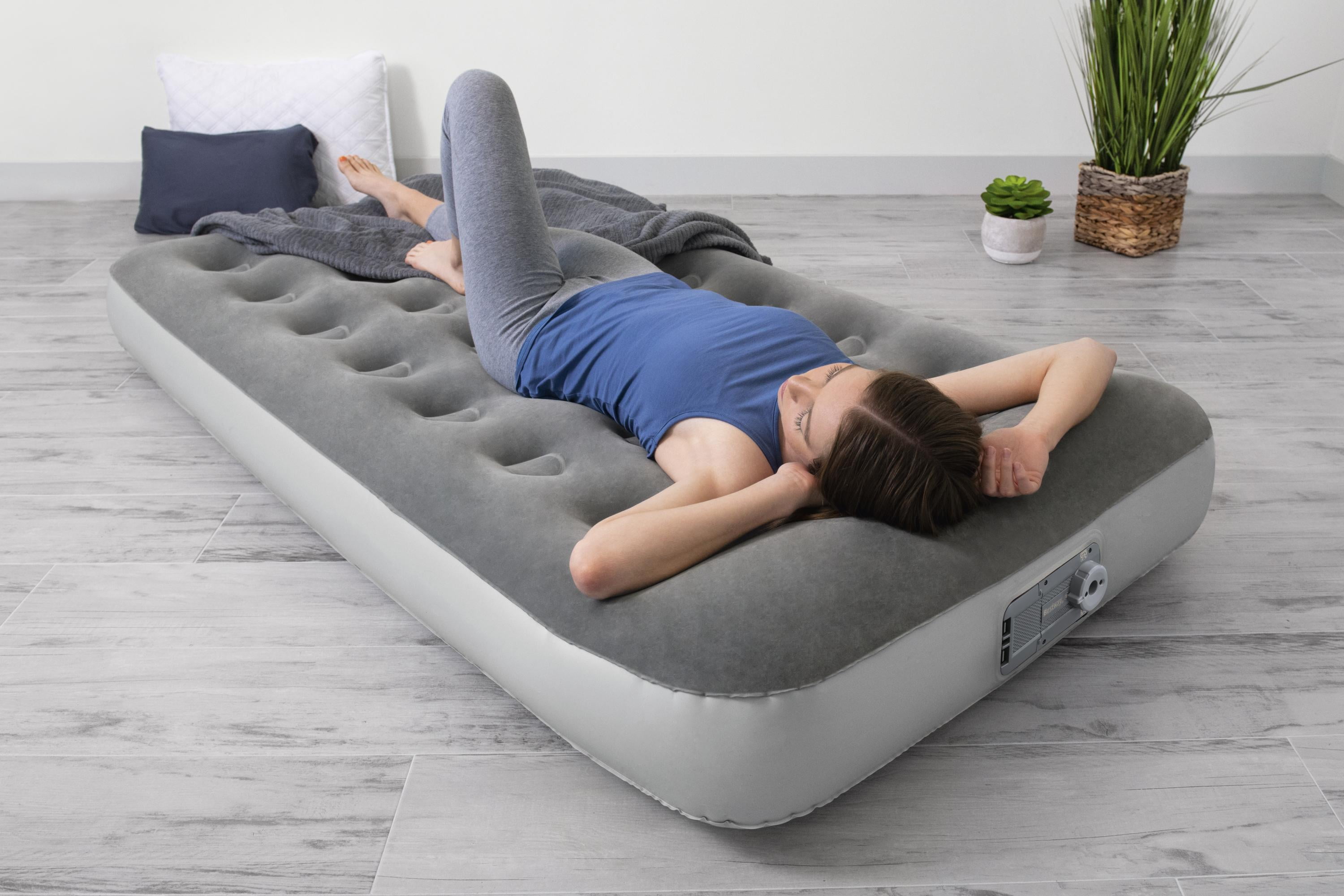If you've recently purchased a new foam mattress and are experiencing allergy symptoms, you may be wondering if your mattress is the cause. Foam mattresses are a popular choice for their comfort and support, but they can also trigger allergies in some individuals. In this article, we'll discuss the symptoms, causes, and treatment of foam mattress allergies, as well as provide tips for reducing allergens in your bedroom.Foam Mattress Allergy: Symptoms, Causes, and Treatment
The first step in determining if your foam mattress is causing your allergies is to look for common symptoms. These may include sneezing, coughing, itchy eyes, runny nose, and difficulty breathing. If you're experiencing these symptoms, pay attention to when they occur. If they are worse when you're in bed and improve when you're away from your mattress, this could be a sign of a foam mattress allergy.How to Tell If You Have a Foam Mattress Allergy
Memory foam mattresses are made from a type of polyurethane foam that is known to emit a chemical odor, which can cause allergic reactions in some people. This odor is known as off-gassing and can trigger symptoms such as headaches, dizziness, and nausea. If you've recently purchased a memory foam mattress and are experiencing these symptoms, it's important to air out your mattress before using it. This will help reduce the chemical smell and potential allergens.Allergic Reactions to Memory Foam Mattresses
If you have allergies, it's important to choose a mattress that will minimize your exposure to potential allergens. Look for mattresses that are made with natural materials, such as organic cotton, wool, or natural latex. These materials are less likely to trigger allergies and are also more environmentally friendly. Avoid mattresses with synthetic materials, as they may contain chemicals that can cause allergic reactions.How to Choose a Mattress If You Have Allergies
Natural latex mattresses are a great option for allergy sufferers. Latex is a natural material that is derived from the sap of rubber trees. It is naturally hypoallergenic, mold and mildew resistant, and resistant to dust mites, making it a great choice for those with allergies. Additionally, latex mattresses are durable and provide excellent support for your body.Natural Latex Mattresses for Allergy Sufferers
When shopping for a mattress, you may come across the term "hypoallergenic." This means that the mattress is less likely to cause allergic reactions in individuals. However, there is no standard definition for this term, so it's important to research the materials used in the mattress to ensure they are suitable for your allergies.Hypoallergenic Mattresses: What You Need to Know
Aside from choosing the right mattress, there are other steps you can take to reduce allergens in your bedroom. Make sure to regularly wash your bedding in hot water to kill dust mites. Invest in an air purifier to filter out allergens in the air. And consider using dust mite covers on your mattress and pillows to create a barrier between you and potential allergens.Tips for Reducing Allergens in Your Bedroom
When it comes to choosing the best mattress for allergy sufferers, there are a few key factors to consider. Look for mattresses that are made with natural materials, are hypoallergenic, and are resistant to dust mites and mold. Additionally, make sure to test out the mattress before purchasing to ensure it is comfortable and supportive for your body.The Best Mattresses for Allergy Sufferers
Regular cleaning and maintenance of your mattress can help reduce allergens and improve your overall sleep quality. Vacuum your mattress regularly to remove dust and debris. If possible, air out your mattress in the sun to help kill any bacteria or mold. And consider using a mattress protector to protect your mattress from spills and stains.How to Clean and Maintain Your Mattress to Reduce Allergens
To fully allergy-proof your bedroom, there are a few additional steps you can take. Keep pets out of your bedroom to reduce exposure to pet dander. Use natural cleaning products to avoid harsh chemicals that can trigger allergies. And make sure to keep your bedroom well-ventilated to prevent the buildup of allergens. By following these tips, you can create a safe and comfortable sleeping environment for allergy sufferers.Allergy-Proof Your Bedroom: A Complete Guide
What Causes Allergies to Foam Mattresses?

Understanding the Potential Triggers
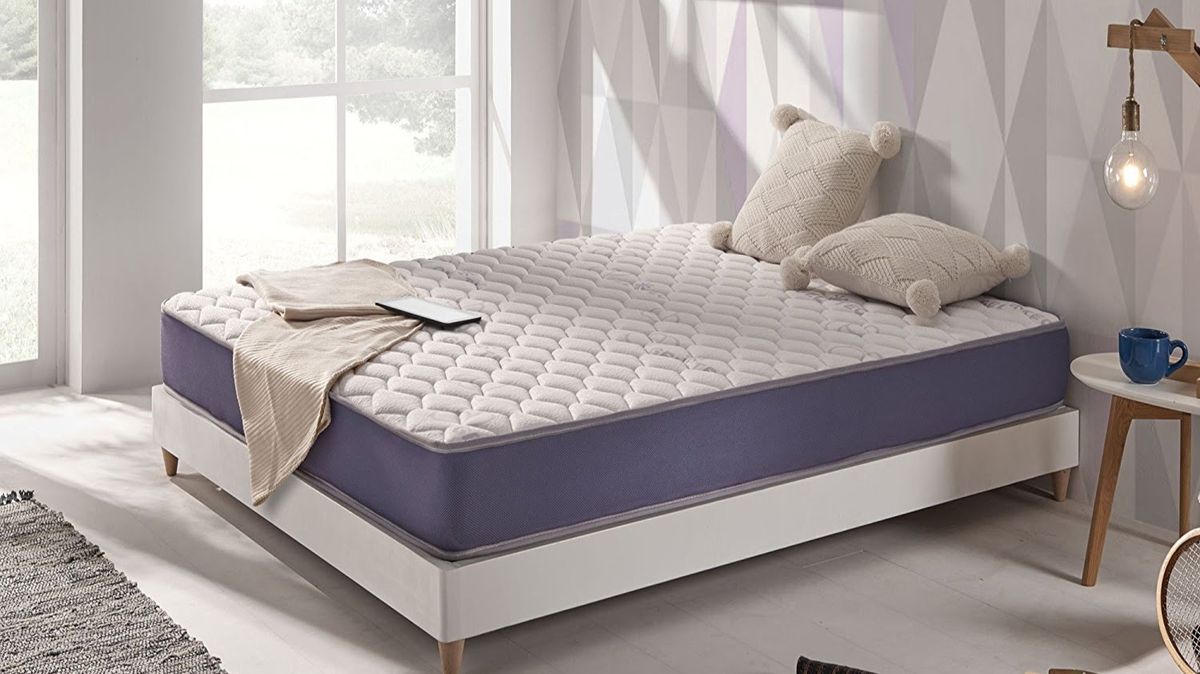 When it comes to creating a comfortable and cozy bedroom, a foam mattress may seem like the perfect choice. However, for some individuals, this seemingly harmless bedding option can cause serious allergic reactions. If you find yourself constantly sneezing, coughing, or experiencing skin irritation after sleeping on a foam mattress, you may be dealing with an allergy to foam.
When it comes to creating a comfortable and cozy bedroom, a foam mattress may seem like the perfect choice. However, for some individuals, this seemingly harmless bedding option can cause serious allergic reactions. If you find yourself constantly sneezing, coughing, or experiencing skin irritation after sleeping on a foam mattress, you may be dealing with an allergy to foam.
The Role of Chemicals
 One of the main culprits behind foam mattress allergies is the chemicals used in the manufacturing process. Polyurethane foam, which is commonly used in foam mattresses, contains a variety of chemicals such as polyols, isocyanates, and flame retardants. These chemicals can off-gas, releasing volatile organic compounds (VOCs) into the air. When inhaled, these VOCs can irritate the respiratory system and trigger allergy symptoms.
One of the main culprits behind foam mattress allergies is the chemicals used in the manufacturing process. Polyurethane foam, which is commonly used in foam mattresses, contains a variety of chemicals such as polyols, isocyanates, and flame retardants. These chemicals can off-gas, releasing volatile organic compounds (VOCs) into the air. When inhaled, these VOCs can irritate the respiratory system and trigger allergy symptoms.
Dust Mites and Mold
 Foam mattresses are also prone to attracting dust mites and mold, which can exacerbate allergies. Dust mites feed on dead skin cells and thrive in warm, humid environments, making your foam mattress an ideal breeding ground. Mold can also grow in the porous material of the foam, especially if the mattress is not properly ventilated. Both of these allergens can lead to respiratory issues and skin irritation for those who are sensitive.
Foam mattresses are also prone to attracting dust mites and mold, which can exacerbate allergies. Dust mites feed on dead skin cells and thrive in warm, humid environments, making your foam mattress an ideal breeding ground. Mold can also grow in the porous material of the foam, especially if the mattress is not properly ventilated. Both of these allergens can lead to respiratory issues and skin irritation for those who are sensitive.
Prevention and Solutions
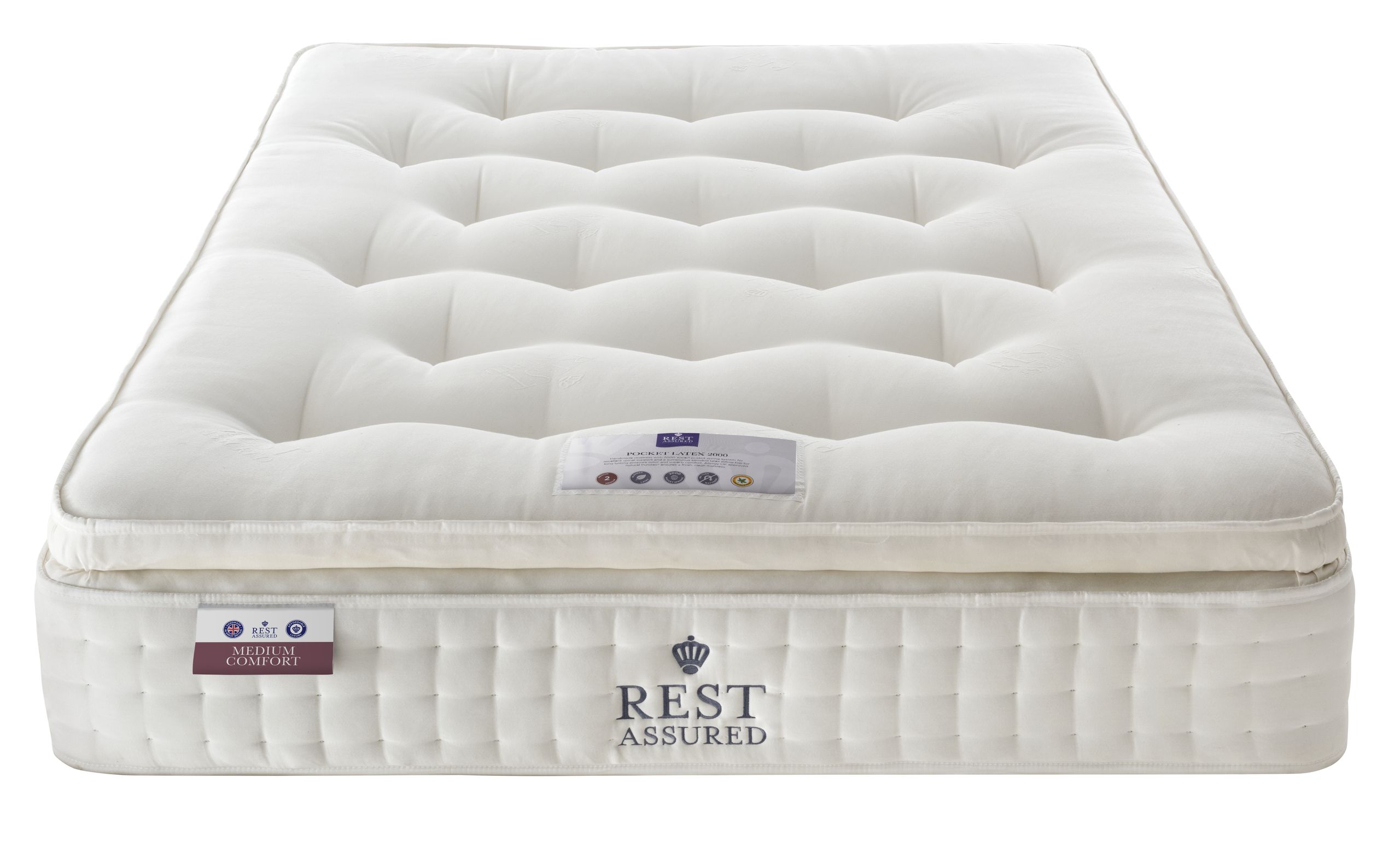 If you suspect that you have an allergy to foam mattresses, there are steps you can take to minimize your exposure to these triggers. First, consider using a mattress cover or encasement to create a barrier between you and the foam. This can help reduce the amount of dust mites and mold that can accumulate in your mattress. Additionally, regularly vacuuming and cleaning your mattress can also help remove any allergens that may be present.
If your symptoms persist, it may be time to consider switching to a different type of mattress. Natural latex mattresses, for example, are made without the use of harsh chemicals and are naturally resistant to dust mites and mold. Alternatively, memory foam mattresses made with plant-based materials can be a safer option for those with allergies.
If you suspect that you have an allergy to foam mattresses, there are steps you can take to minimize your exposure to these triggers. First, consider using a mattress cover or encasement to create a barrier between you and the foam. This can help reduce the amount of dust mites and mold that can accumulate in your mattress. Additionally, regularly vacuuming and cleaning your mattress can also help remove any allergens that may be present.
If your symptoms persist, it may be time to consider switching to a different type of mattress. Natural latex mattresses, for example, are made without the use of harsh chemicals and are naturally resistant to dust mites and mold. Alternatively, memory foam mattresses made with plant-based materials can be a safer option for those with allergies.
Conclusion
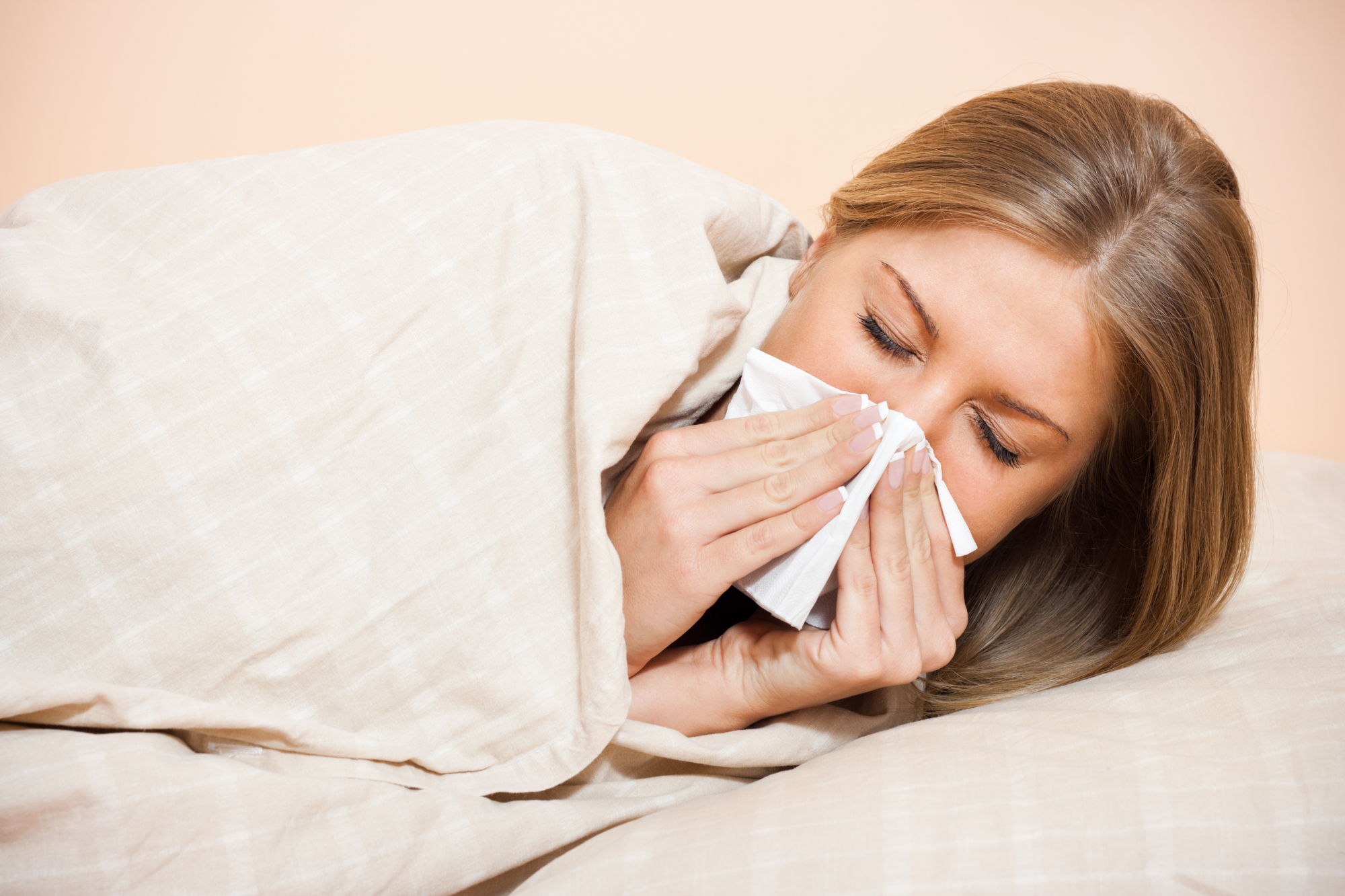 While foam mattresses may seem like a luxurious and comfortable choice, they can also pose a threat to those with allergies. By understanding the potential triggers and taking preventative measures, you can still enjoy a good night's sleep without the discomfort of allergy symptoms. Consider exploring alternative mattress options and taking proper care of your current foam mattress to help alleviate any allergic reactions.
While foam mattresses may seem like a luxurious and comfortable choice, they can also pose a threat to those with allergies. By understanding the potential triggers and taking preventative measures, you can still enjoy a good night's sleep without the discomfort of allergy symptoms. Consider exploring alternative mattress options and taking proper care of your current foam mattress to help alleviate any allergic reactions.
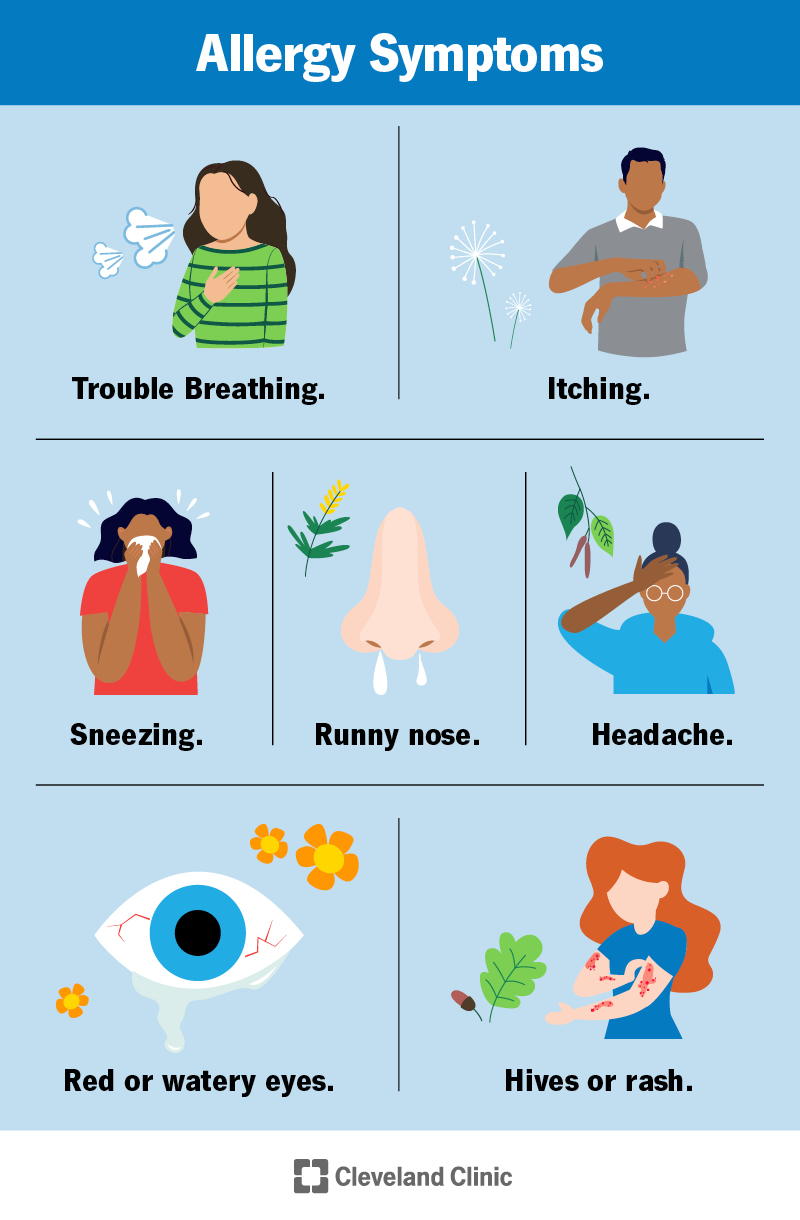






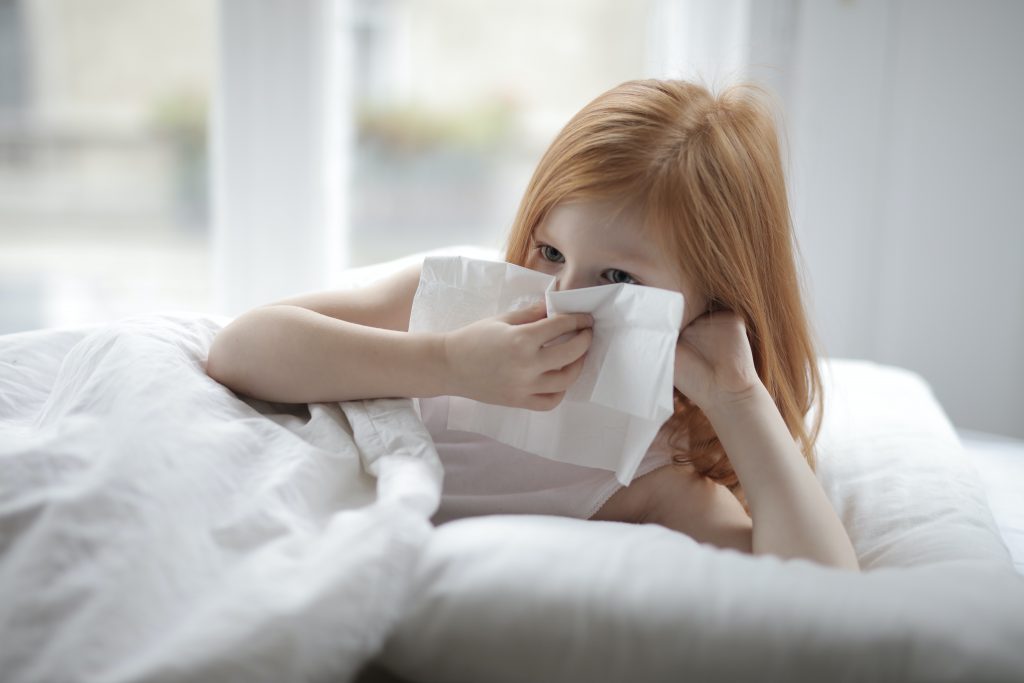


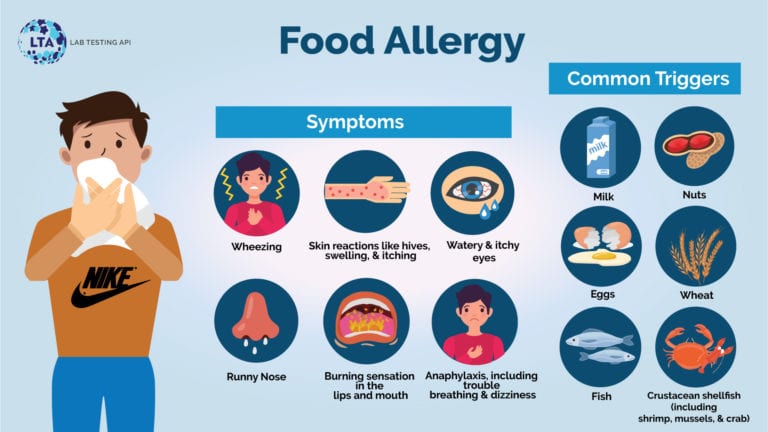







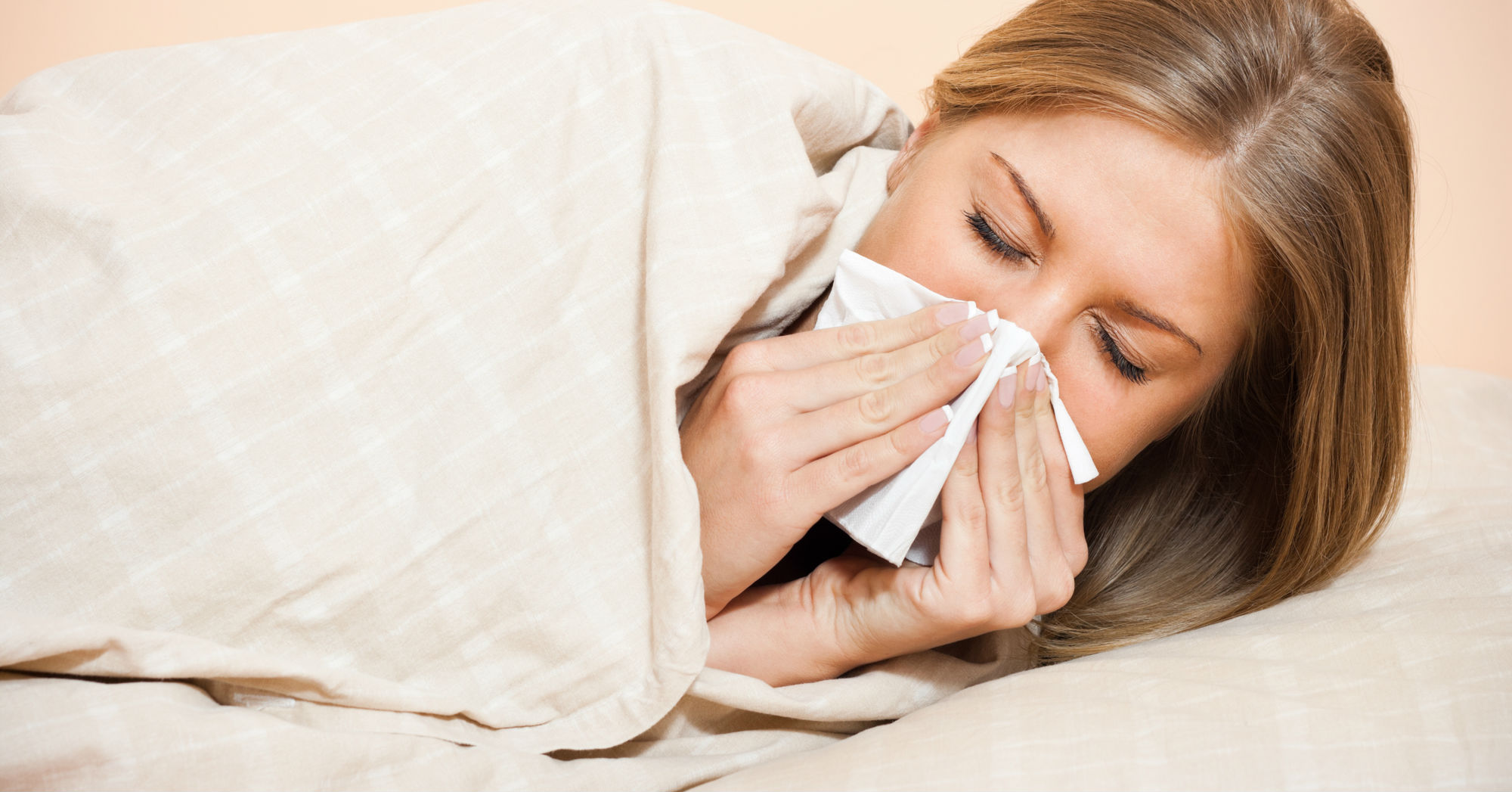

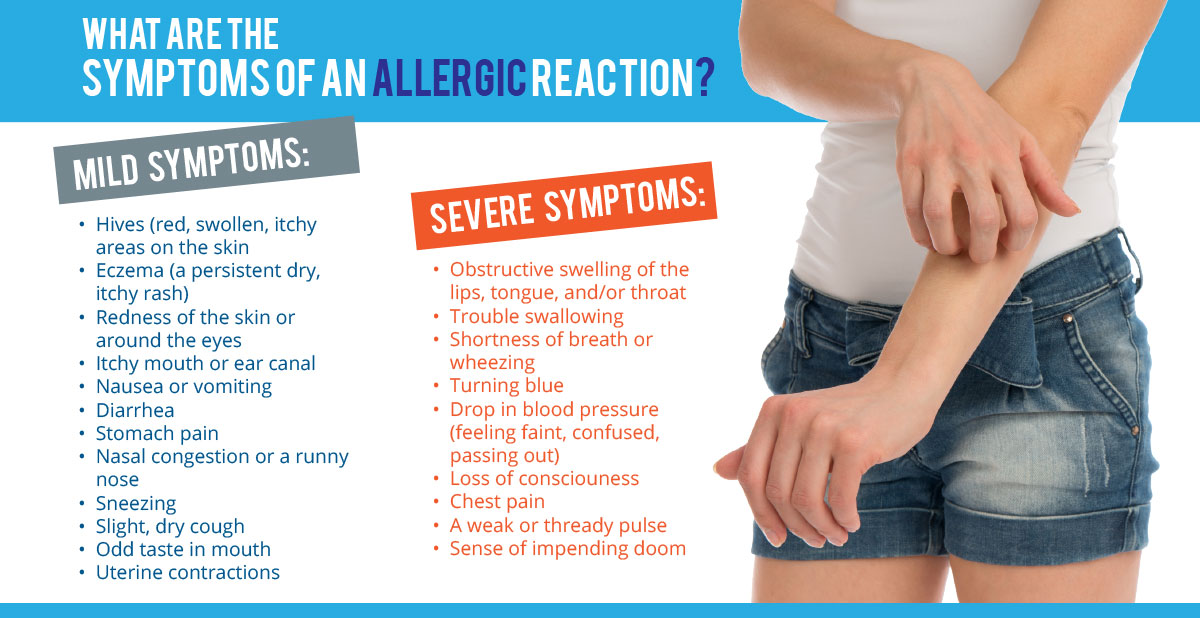
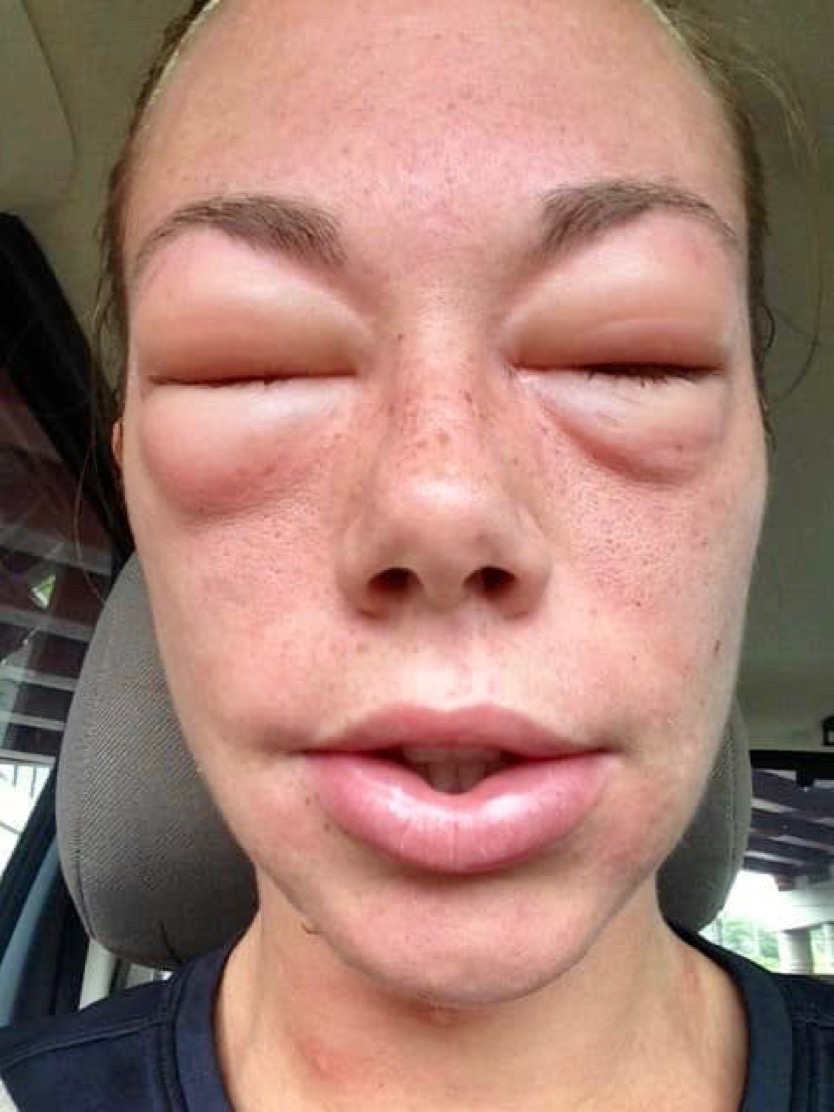



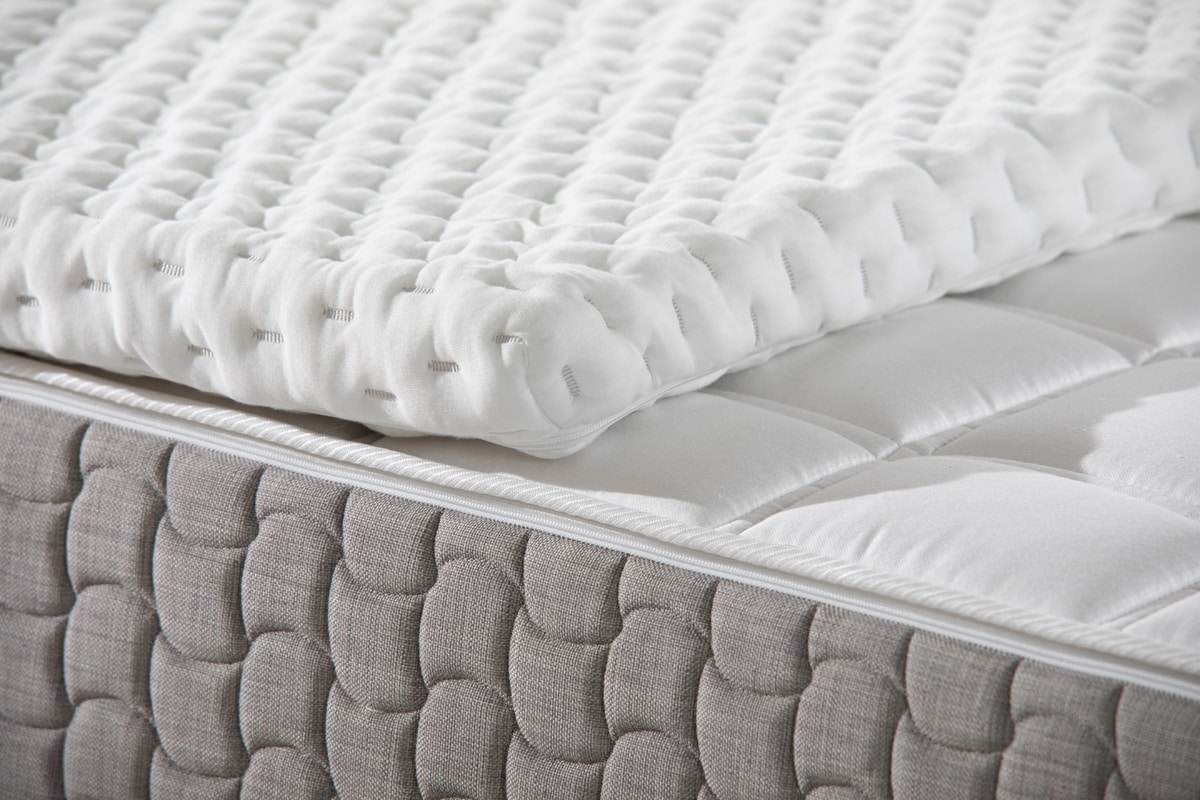


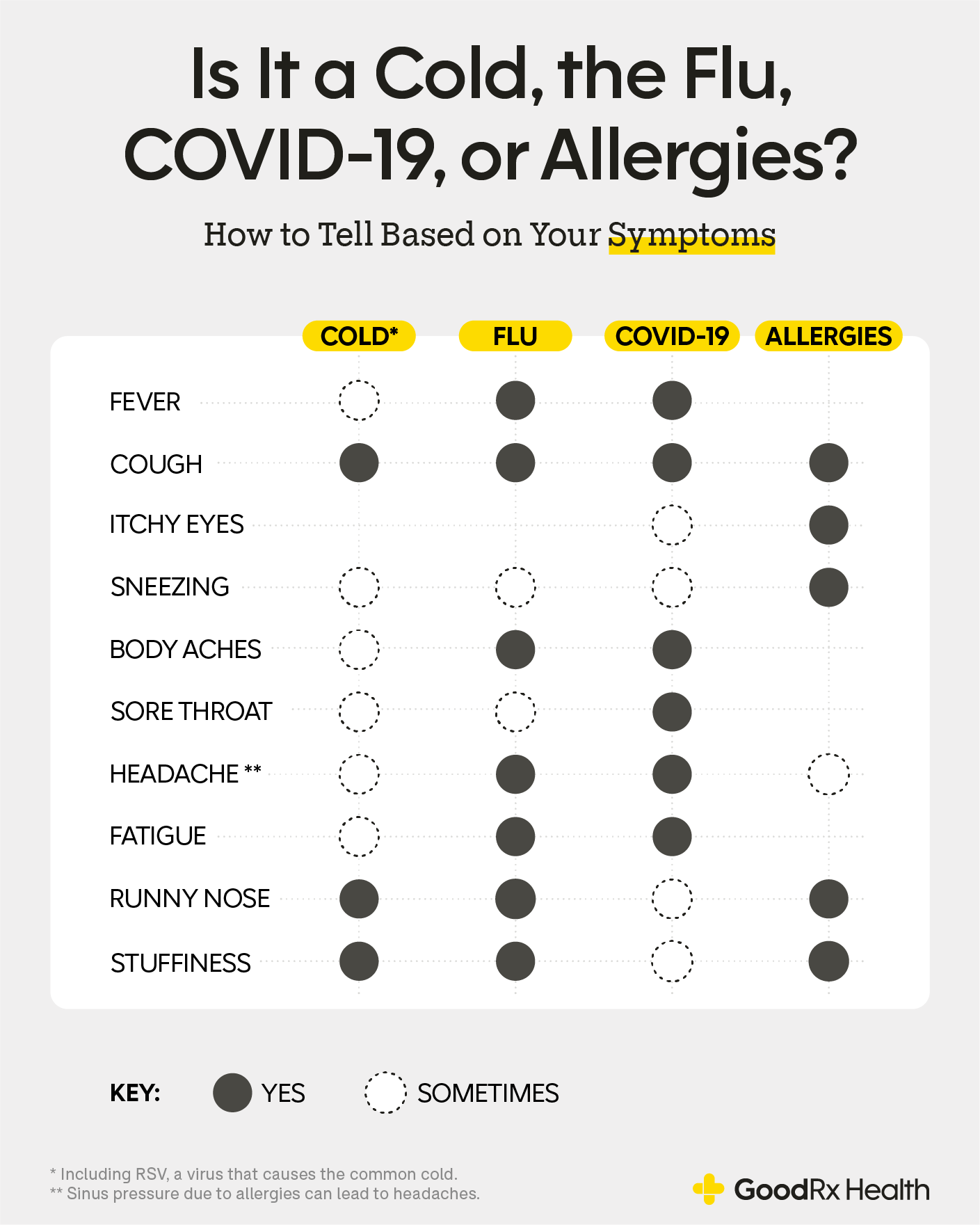


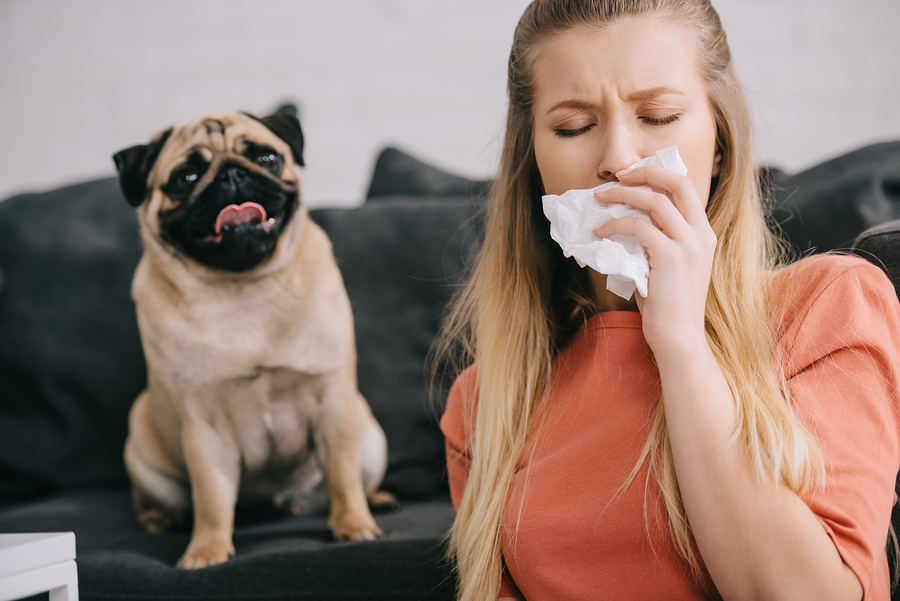

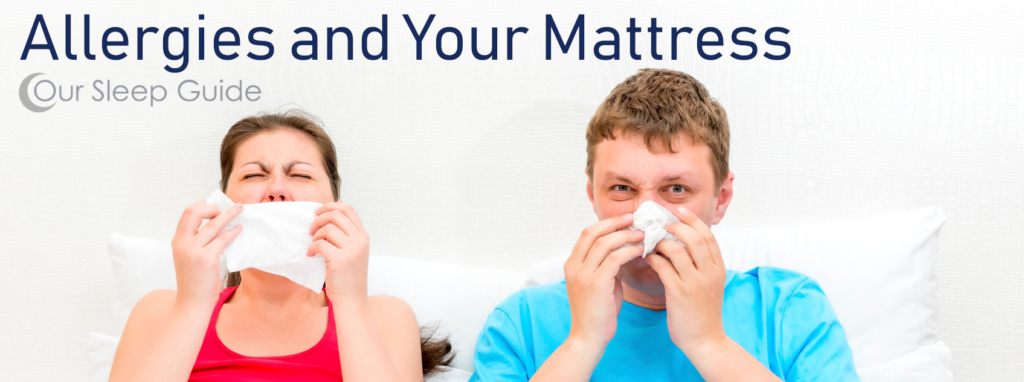


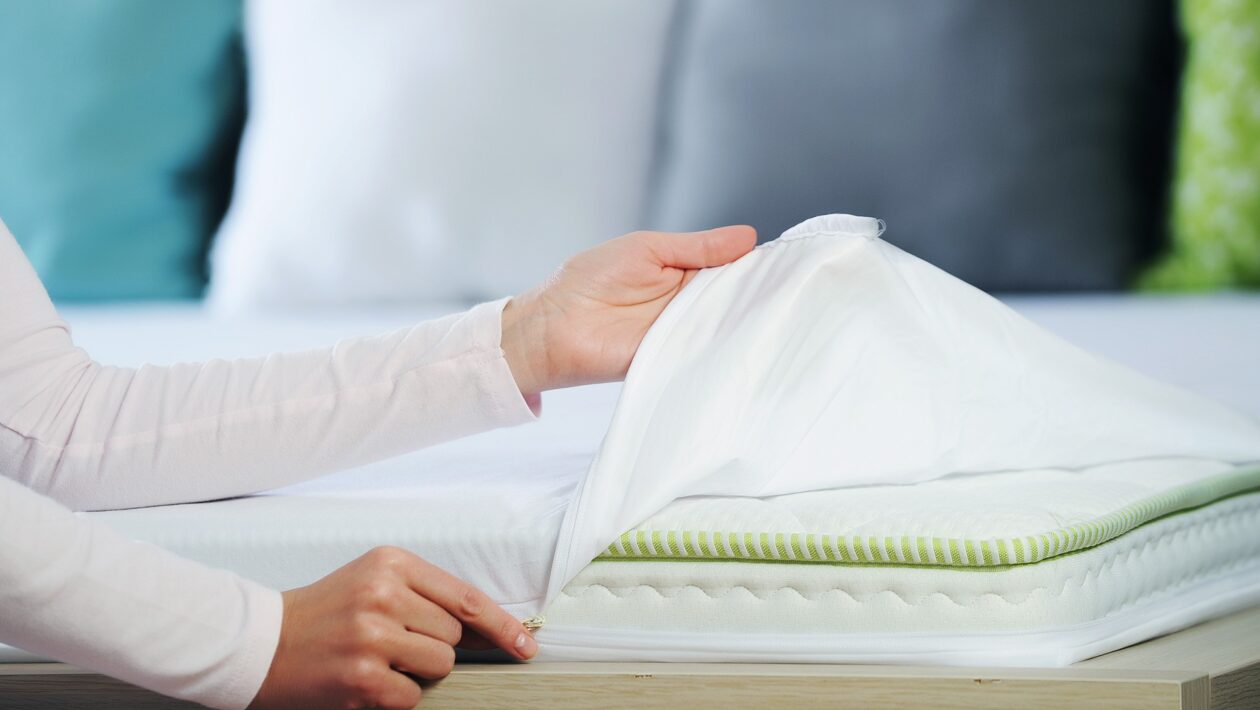
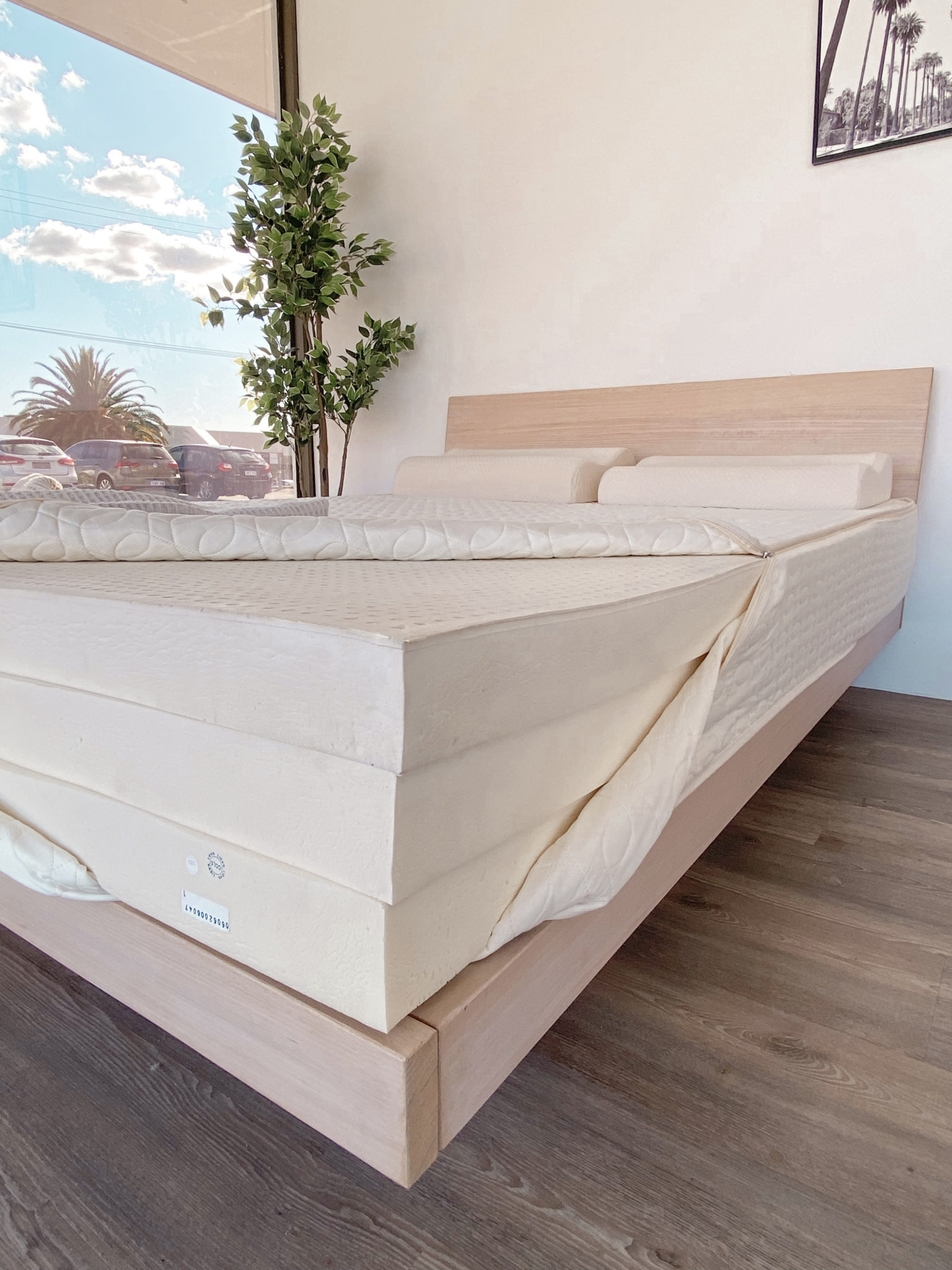



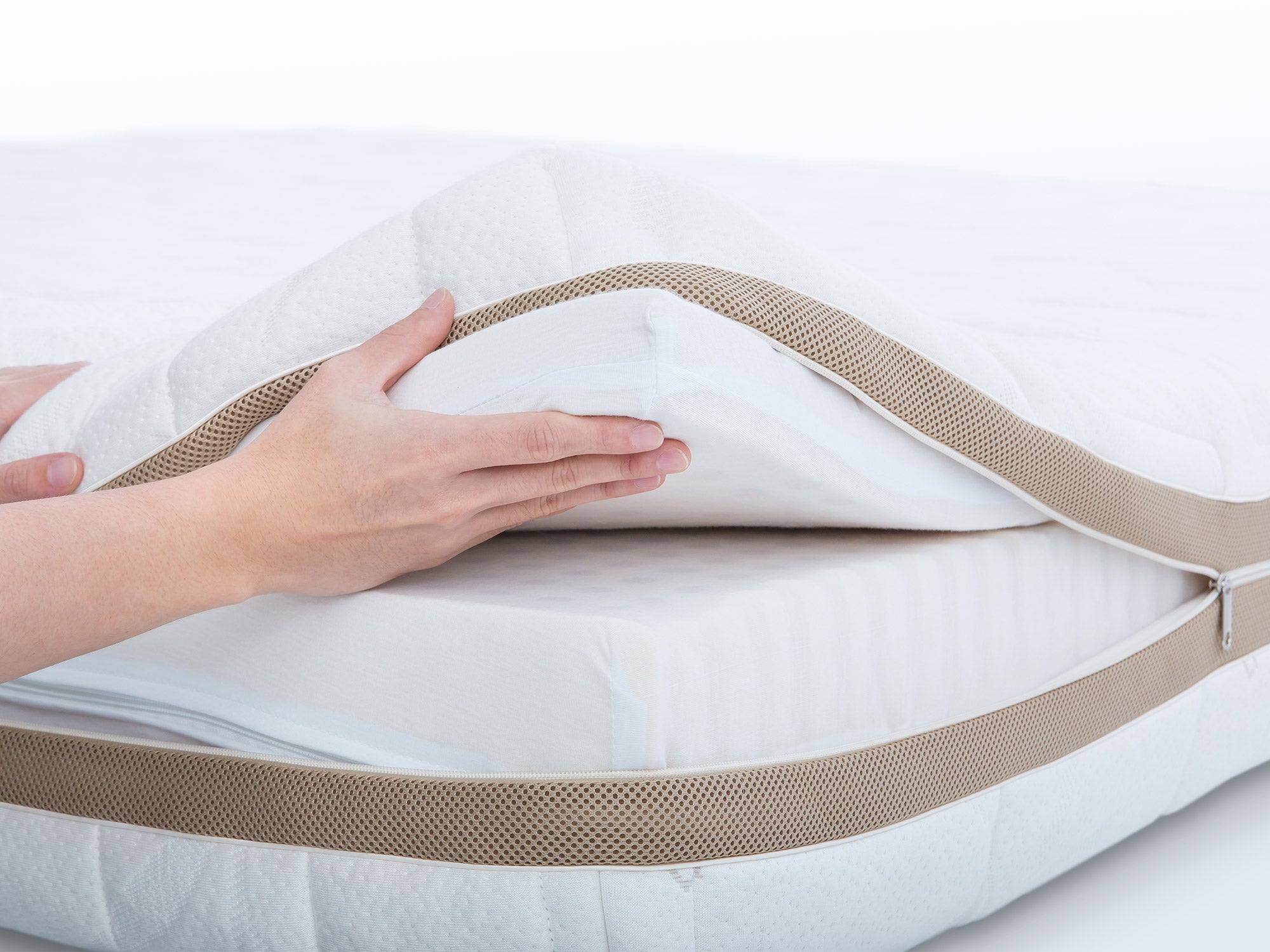


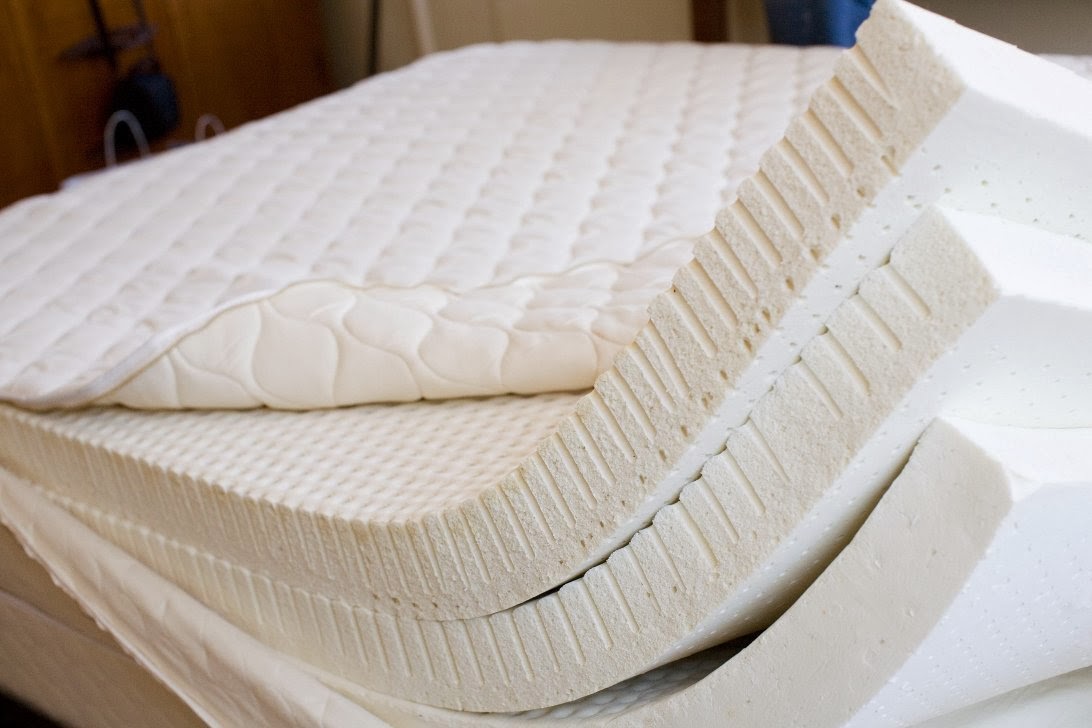

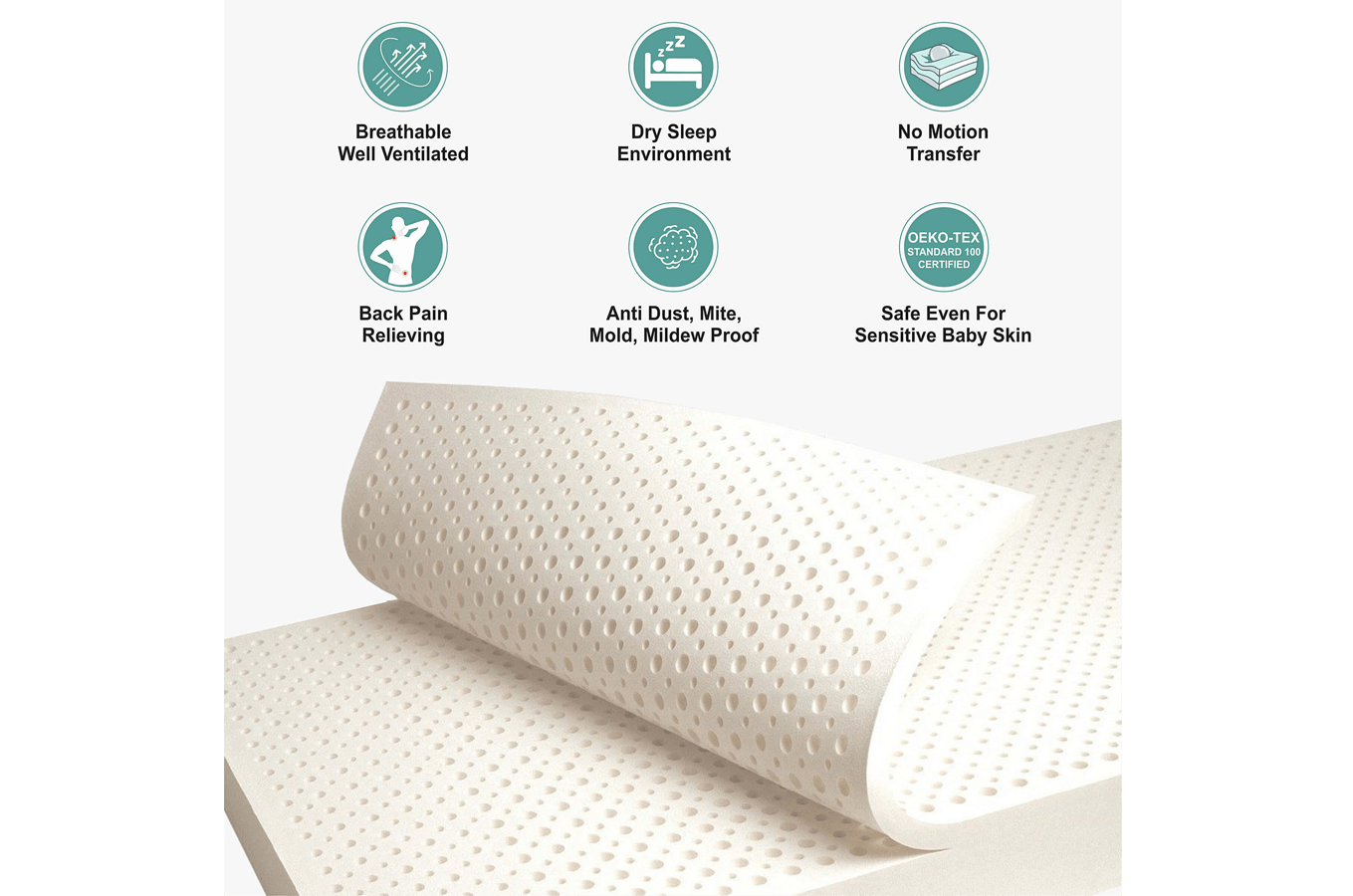
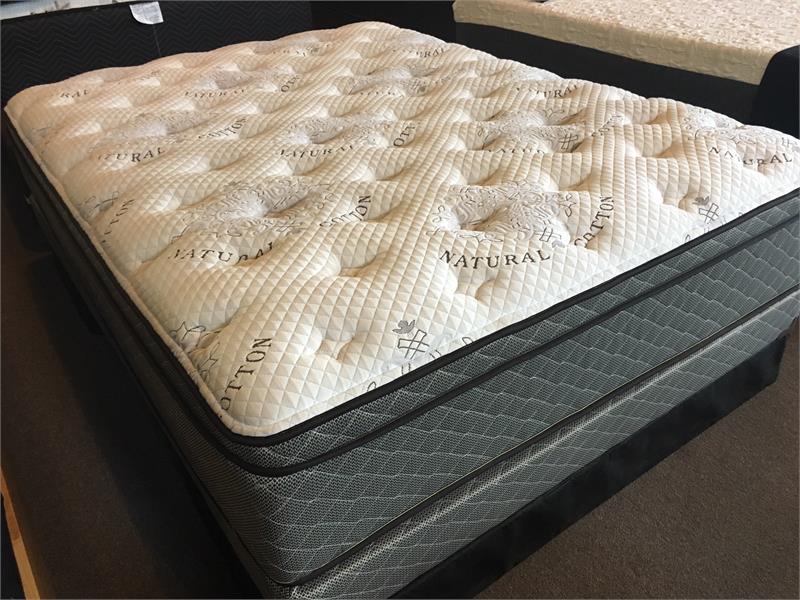




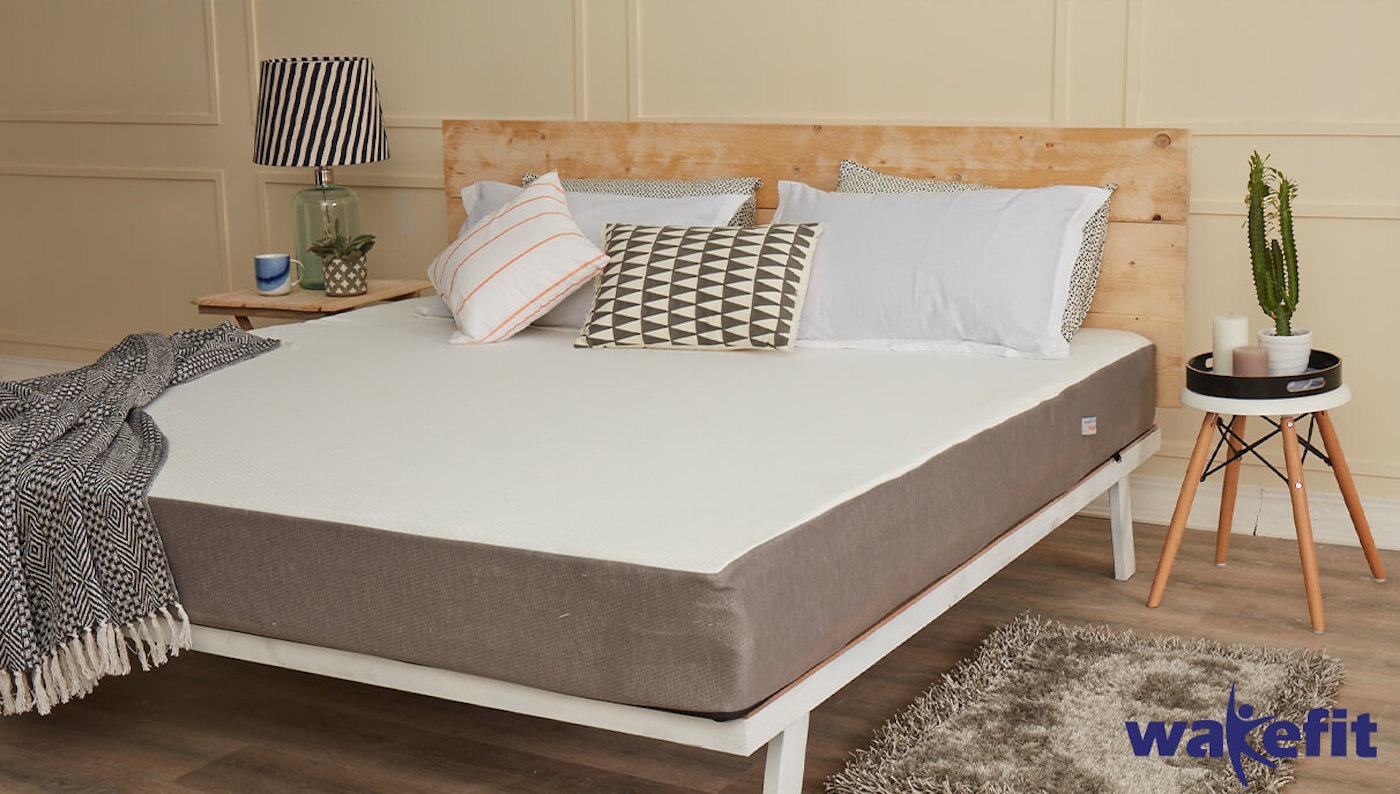
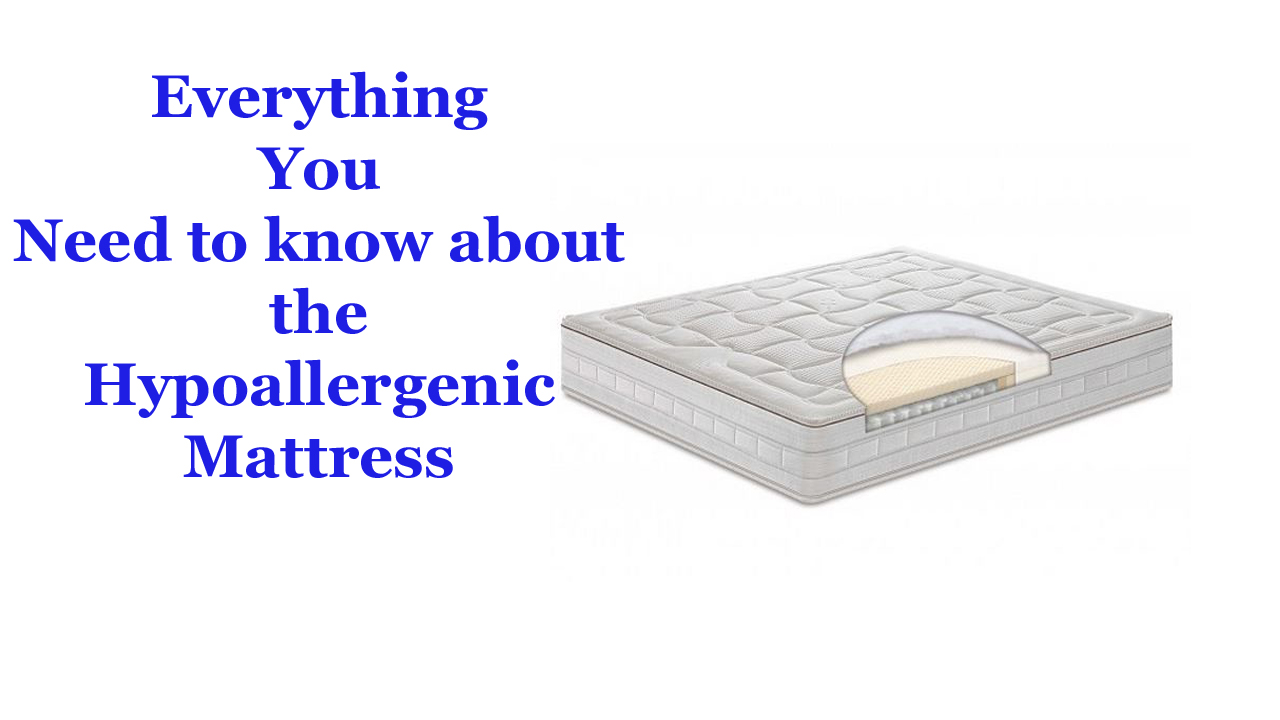
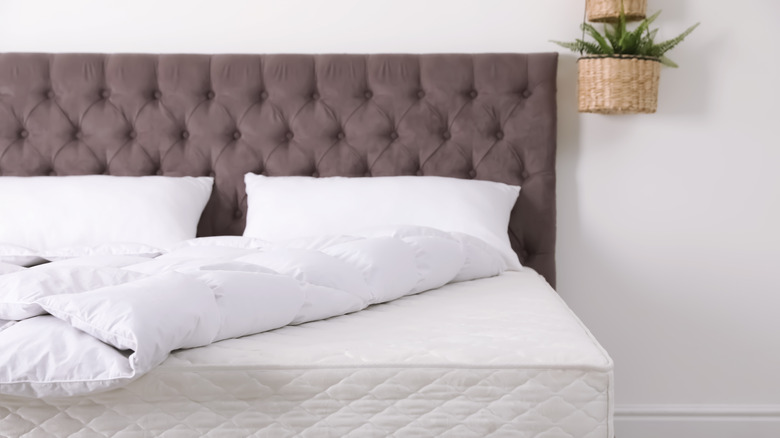







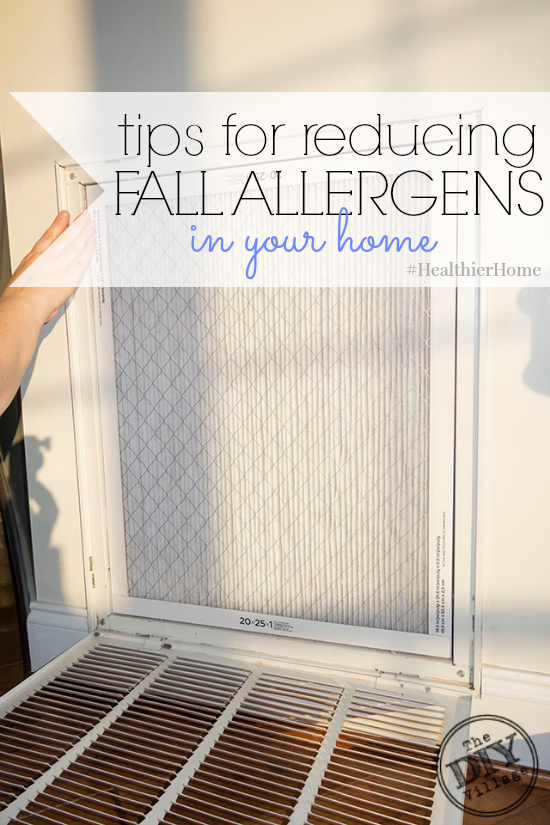



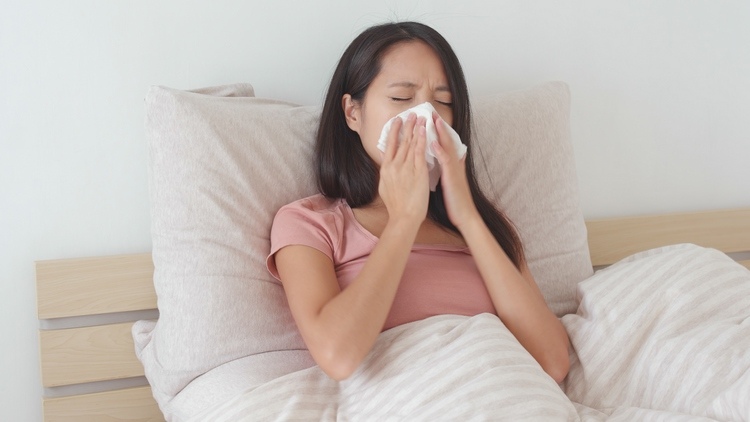









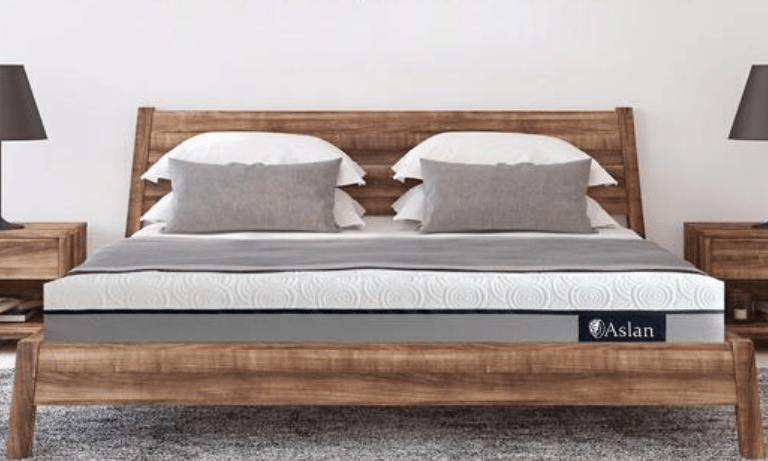






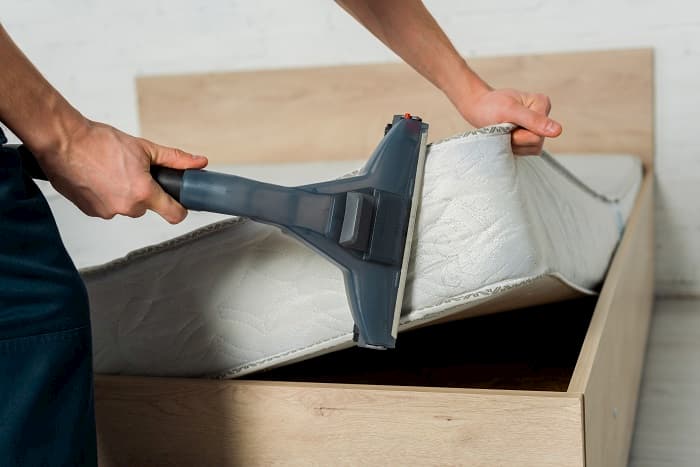
:max_bytes(150000):strip_icc()/clean-your-mattress-the-natural-way-350742-14-5a99efe91be349449c3178993b367746.jpg)
